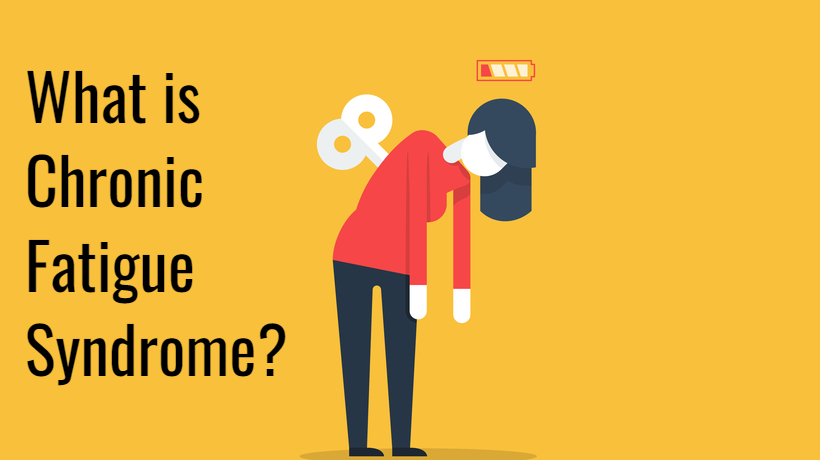Chronic fatigue syndrome (CFS) is a disorder characterized by extreme fatigue, no matter the amount of sleep you get. The fatigue lasts for at least six months but can go on for years, and can’t be explained by an underlying medical condition.
Anyone can develop CFS, but it is four times more likely to be present in women than in men. It is also more common in middle-aged adults.
Symptoms of Chronic Fatigue Syndrome:
Symptoms of CFS often mimic the flu. The fatigue typically worsens with physical or mental activity. The most common symptoms of CFS include:
- Sleep that isn’t refreshing
- Difficulties with memory, focus and concentration
- Dizziness that worsens with moving from lying down or sitting to standing
Other CFS symptoms some people may experience include:
- Sensitivity to light
- Headaches
- Muscle aches and joint pain
- Tender lymph nodes
- A recurring sore throat
- Digestive issues and food sensitivities
- Chills
- Shortness of breath and irregular heartbeat
Chronic Fatigue Syndrome Causes
The cause of CFS is unknown, although there are some theories, ranging from viral infections to psychological stress. Some experts believe CFS might be triggered by a combination of different factors.
Chronic Fatigue Syndrome Treatment
Treatment for CFS focuses on improving symptoms. Treatment may include:
- Medicine, including antidepressants
- Light-intensity aerobic exercise (but avoid intense physical activity)
- Dietary supplements
- Psychotherapy and supportive counseling
For more information on chronic fatigue syndrome, visit www.Mayoclinic.org.



